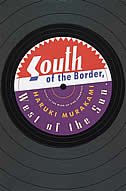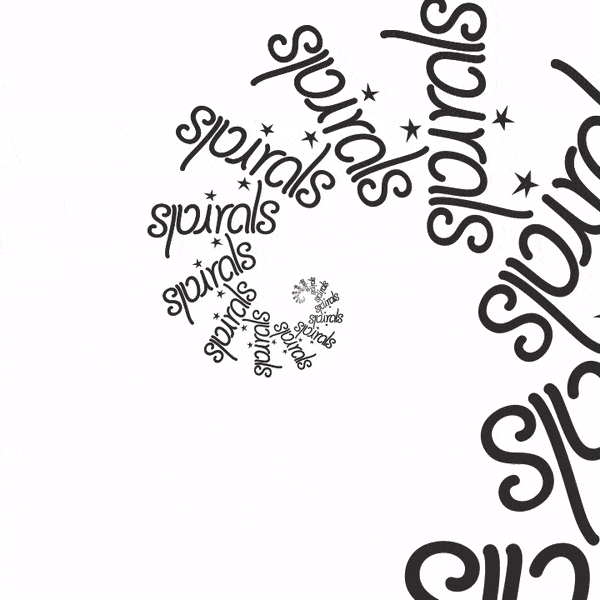
I just finished reading Haruki Murakami’s novel South of the Border, West of the Sun. Having previously read a short story collection and a novel, I thought I knew what to expect, and yet Murakami surprised me. Typically Murakami’s stories have a surreal quality. Strange things happen the worlds he creates but in ways that seem normal and even mundane. This I was prepared for.
What I was not prepared for was a direct and limpid, almost simplistic, story, with few, if any of the surrealistic flourishes that have characterized his other work. This book is a touching love story and a meditation on life’s sad contingencies. As one of the characters says, “After a certain length of time has passed, things harden. Like cement in a bucket. And we can’t go back any more…”
The novel is an extended discussion on the fragility of our lives, the tenuous threads that hold things together and just how often it is habit that gives life its purpose. Chaos is never far from the surface – and love and passion and duty and convention are continually fighting it out in our hearts and minds. Guilt and its repercussions on oneself and others is another important theme, and how development and growth requires understanding that sometimes our actions, be they driven by selfish or even the best of intentions, can be catastrophic to others, others whom we never intended to harm. And finally, this book is about character and whether we can ever change from who we really are. The answers the book offers are not simple, and in fact are often ambiguous – but again it is this that gives the novel its power.
As the NYTimes reviewer said, “This is a wise and beautiful book.”




0 Comments